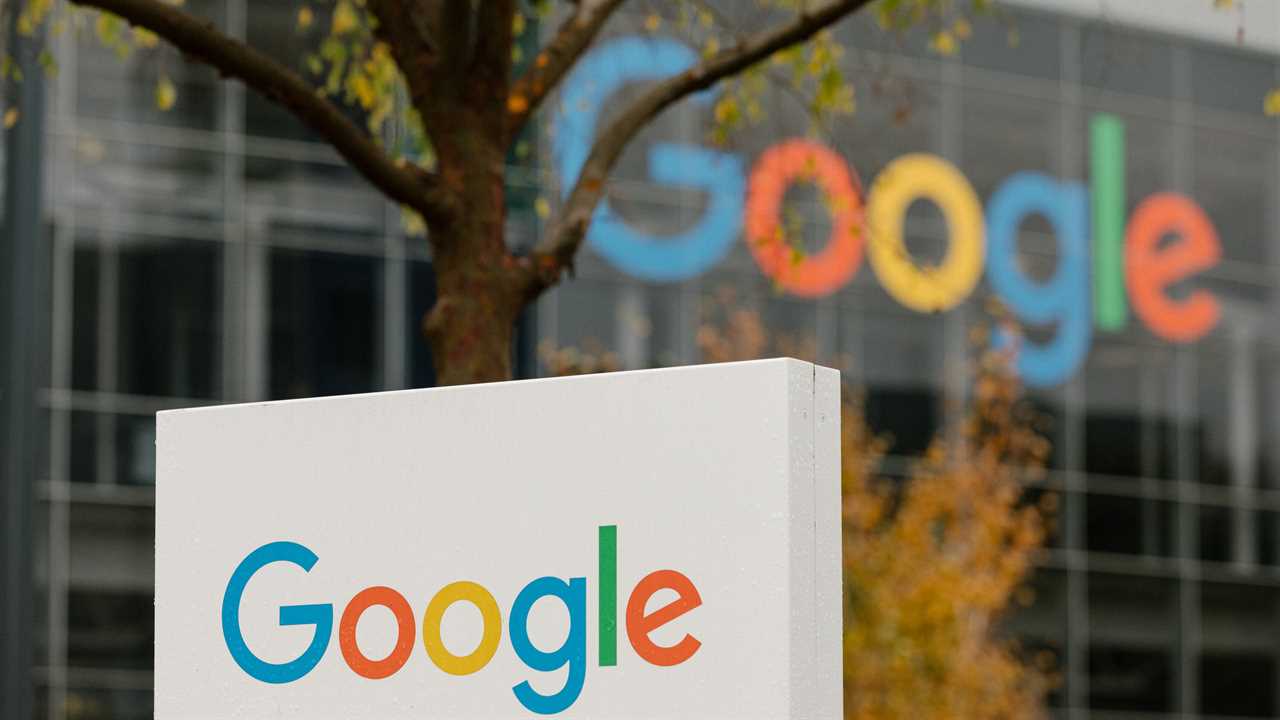
Alphabet, Google’s parent company, returned to sales growth despite an advertising slowdown, receiving a boost from the popularity of its search engine after a slump that had sapped its earnings in recent months.
The company on Tuesday reported revenue of $69.8 billion in the first three months of 2023, up 3 percent from a year earlier and beating analysts’ average estimate of $68.9 billion.
The internet giant’s profit fell 8 percent to $15 billion, exceeding Wall Street expectations of $13.9 billion, according to data compiled by FactSet. It was the company’s fifth consecutive decline in quarterly earnings, but Alphabet said that it recorded $2.6 billion in charges related to recent layoffs and office space reductions.
The results were a reminder of the resilience of Google’s search engine, the core of the world’s largest digital advertising machine. Revenue from the search engine rose almost 2 percent to $40.4 billion in the first quarter, higher than analysts’ estimates of $39.4 billion. The company also serves promotions on its video platform YouTube and on various sites across the web.
Starting last year, rising interest rates and inflation made advertisers thriftier, undermining the sales and profit of Google and its peers Snap and Meta, which owns Facebook and Instagram. Google’s sales had declined slightly at the end of last year.
That put Alphabet under growing pressure to reassure investors it could still deliver revenue and profit gains, after years of gravity-defying leaps. Mark Mahaney, an analyst at Evercore ISI, encapsulated Wall Street’s demands in a recent note, in which he pushed the company to shed expenses, stabilize core businesses including YouTube and accelerate the release of artificial intelligence technology.
The internet giant said in January it would cull 12,000 people, or 6 percent of its work force, from its payroll. As of March 31, Alphabet had 190,711 employees, compared with 190,234 at the end of last year. The company’s layoffs did not officially go into effect until the end of March.
Google faces some deeper challenges. For the first time in more than 20 years, some tech industry insiders have seen its search engine, a gateway to the web for billions, threatened by a wave of chatbots that have captured the public imagination. In particular, tools from Microsoft and OpenAI, the maker of the popular ChatGPT chatbot, have begun testing Google’s mettle.
In March, Google released a chatbot called Bard to mixed reviews, but the company does not generate revenue from the tool. The New York Times has reported that Google will incorporate conversational A.I. features to its flagship search engine in May, and has begun work on a new, more personalized search engine designed to take advantage of A.I. advances.
Last week, Alphabet consolidated its main A.I. teams into one unit, Google DeepMind, to make quicker progress in the field. The move combined the London-based A.I. lab DeepMind with Google Brain, part of the company’s research division. DeepMind’s chief executive, Demis Hassabis, assumed control of the group. Jeff Dean, Google’s top research executive, had previously overseen Google Brain, which he co-founded.
Advertising sales at YouTube, Google’s video platform, dipped almost 3 percent to $6.7 billion in the first quarter, narrowly ahead of the $6.6 billion expected by analysts. The division has recorded declining revenue in recent months amid increased competition from TikTok. Apple’s privacy changes for its iPhones have also tamped down the growth of social media platforms by making it more difficult to prove to advertisers that their ads are effective.
Sales at Google Cloud, the division that offers software and technology services to other businesses, jumped 28 percent to $7.5 billion. In the first quarter, the division reported a $191 million profit for the first time.






